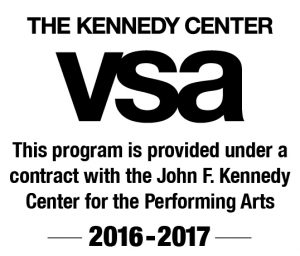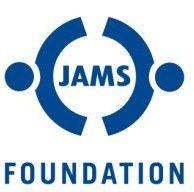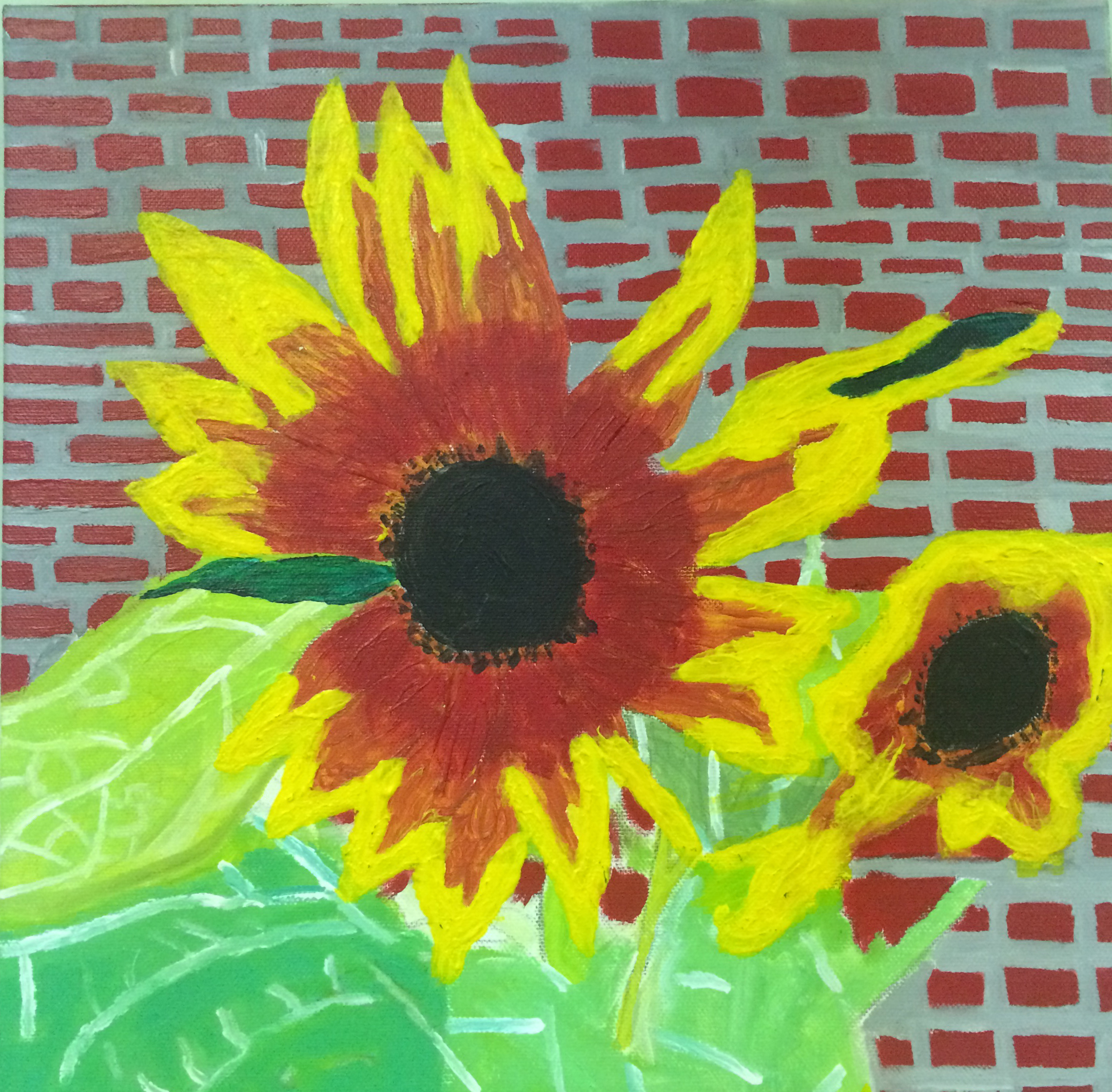ARTS INTEGRATION
Introduction:
The most recent federal legislation on education (ESSA, or the Every Student Succeeds Act) includes the arts in the definition of a ‘well-rounded education.’ ESSA clearly makes the arts part of how states can ensure a high-quality education for all students. This is especially important for students with disabilities. A study conducted by VSA found that the arts provided students with disabilities with an effective mechanism for demonstrating academic content knowledge and skills, and allowed them to express individual preferences and interests (Mason, Steedly, & Thormann, 2008). Additionally, the arts provide a vehicle for differentiating instruction by providing multiple means for representation, action and expression, and engagement. Numerous studies demonstrate how the arts help students explore their own identities and communicate more effectively with others through the development of self-awareness, self-concept, and self-expression (Halverson, 2005; Winner et al., 2006; Weinstein, 2010). SchoolTalk recognizes and champions the arts as an important component of a well-rounded education for students with IEPs, and an essential ingredient of holistic individual and social development for transition-aged youth.
Our Strategies:
- Technical assistance in which arts integration is a central approach to capacity building in conflict resolution, secondary transition and student-led IEP practices;
- Training for parents, school personnel, and other special education stakeholders in arts integration skills and techniques;
- Workshops on arts, creativity and self-determination facilitated by and for Voice of Change youth leaders;
- Collaboration with District of Columbia and other state and national arts and special education agencies and organizations to bring arts programming to DC students with disabilities

40 Hours: Conflict Resolution & Studio Skills
Purpose: To provide career coaching and professional development for disconnected students with IEPs who are interested in an arts career. During the 2016/2017 school year, students in the program will receive 20 hours of training in SchoolTalk’s arts-infused on-the-job conflict resolution curriculum, and 20 hours of professional development and creative coaching in the music industry with DC hip-hop and spoken word artist, Konshens the MC. Students will build competencies in self-advocacy, self-determination and conflict resolution related to employment, while gaining real-world experience in songwriting, audio/music production and music industry business practices.
People Served: Disconnected high school students with IEPs from DCPS and charter schools.


Arts Approaches to Student-led IEPs Training
Purpose: To explore, demonstrate and assess how arts learning can support student self-determination and increase student involvement in the IEP process. This training module provides educators with multiple points of engagement to include students in the Individualized Education Program (IEP) process; proven strategies for differentiation according to student learning styles; and a range of possibilities for documenting and assessing student progress. Participants learn what student-led IEP practices and self-determination look like; learn and share arts activities and lessons that help students cultivate and expand self-determination skills to participate in an IEP process; and engage in peer learning and dialogue about how to apply arts approaches to student-led IEP practices within their school communities.
People Served: Special educators; special education coordinators; school administrators; district and state-level education agency secondary transition specialists; community service providers; disability justice workers
Power with Partners: DC Office of the State Superintendent of Education, two DC schools
Funded by: Office of the State Superintendent of Education, Division of Elementary, Secondary, and Specialized Education
Resolving Conflict on the Job for Students with Disabilities Curriculum
Purpose: To build upon conflict resolution education for students with disabilities by creating a curriculum designed to help them develop the knowledge, skills and attitudes necessary to successfully identify and manage conflict in the workplace. This curriculum, designed to fully support people with diverse abilities, including those with significant physical, intellectual, behavioral, and communication challenges, leverages the benefits and strengths of arts education. In addition to following Universal Design for Learning curriculum development guidelines, this curriculum includes arts activities as a method of instructional content delivery; to provide additional strategies for differentiation, and as a means to help students develop self-awareness, self-concept, and self-expression.
People Served: DC transition-aged youth with disabilities (14-21 years old) with a broad range of disabilities from diverse backgrounds in terms of race and ethnicity, and socio-economic status
Power with Partners: DC schools, DC Re-Engagement Center, DC Voices of Change Peer Network, DC RSA, National Collaborative on Workforce and Disability / YouthACT
The Resolving Conflict on the Job for Students with Disabilities curriculum is made possible by support from the JAMS Foundation.


